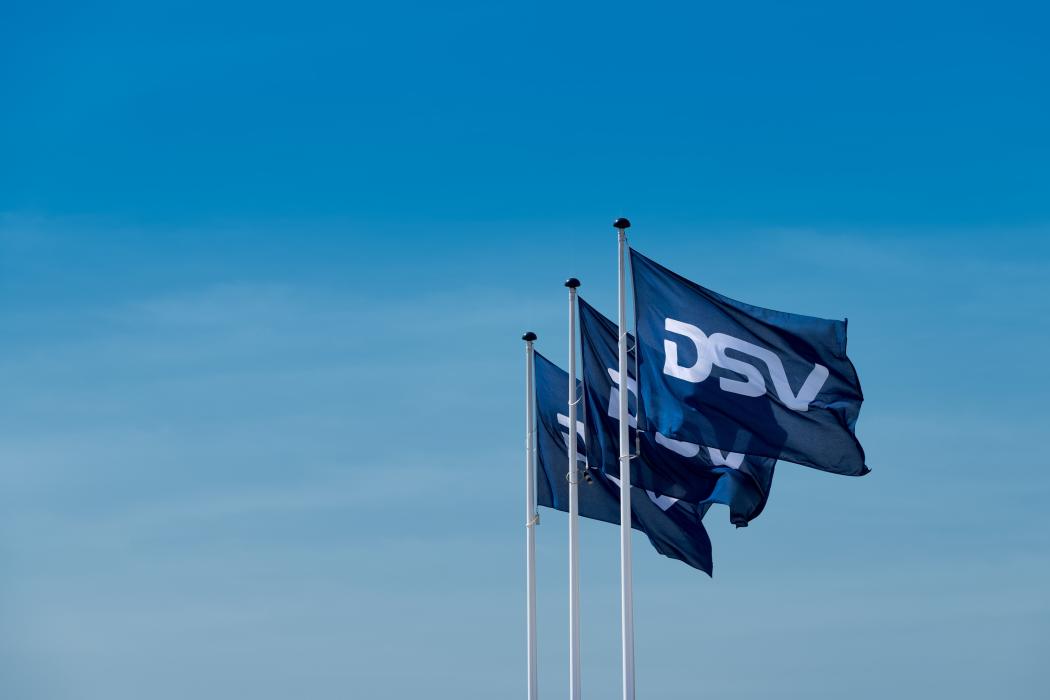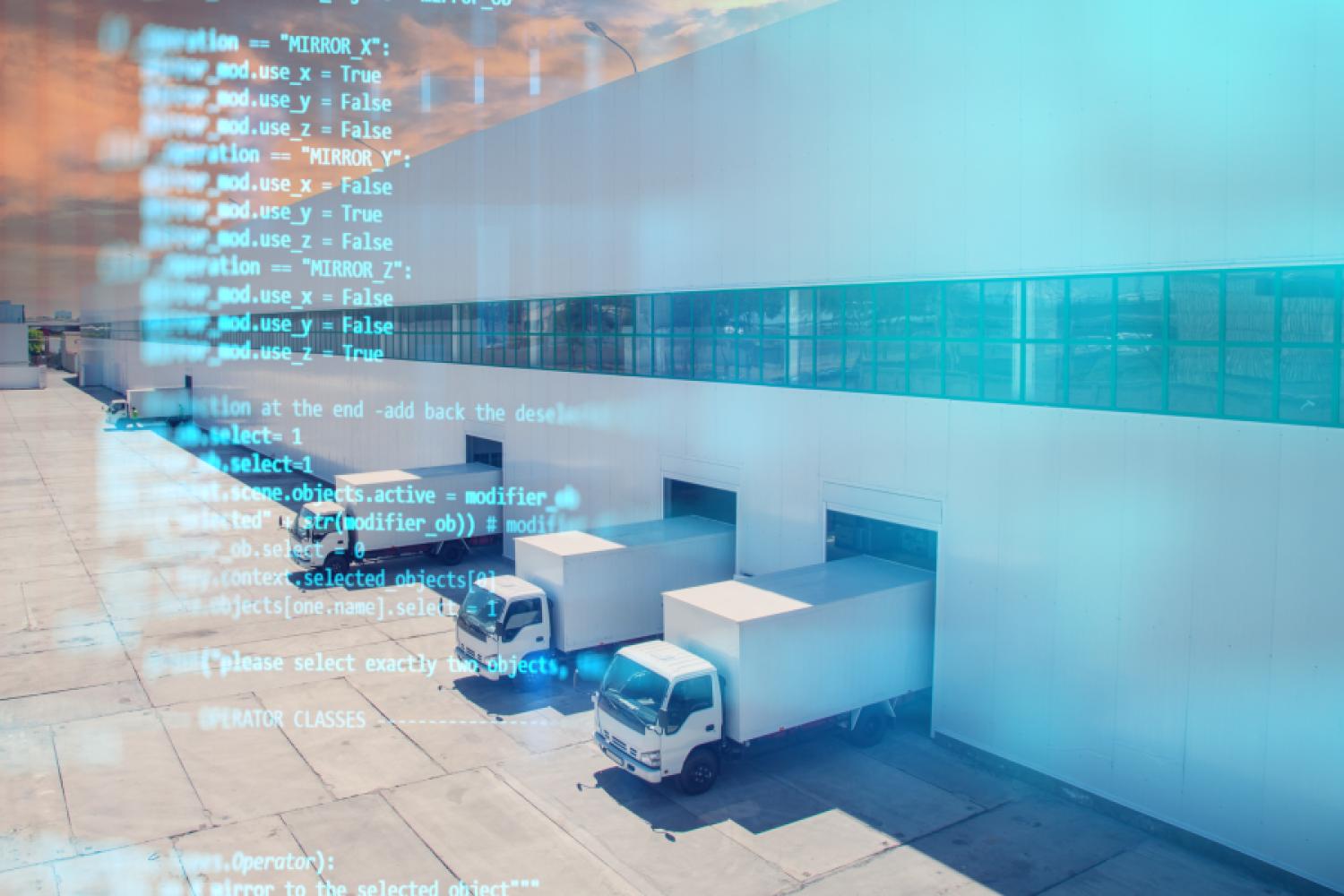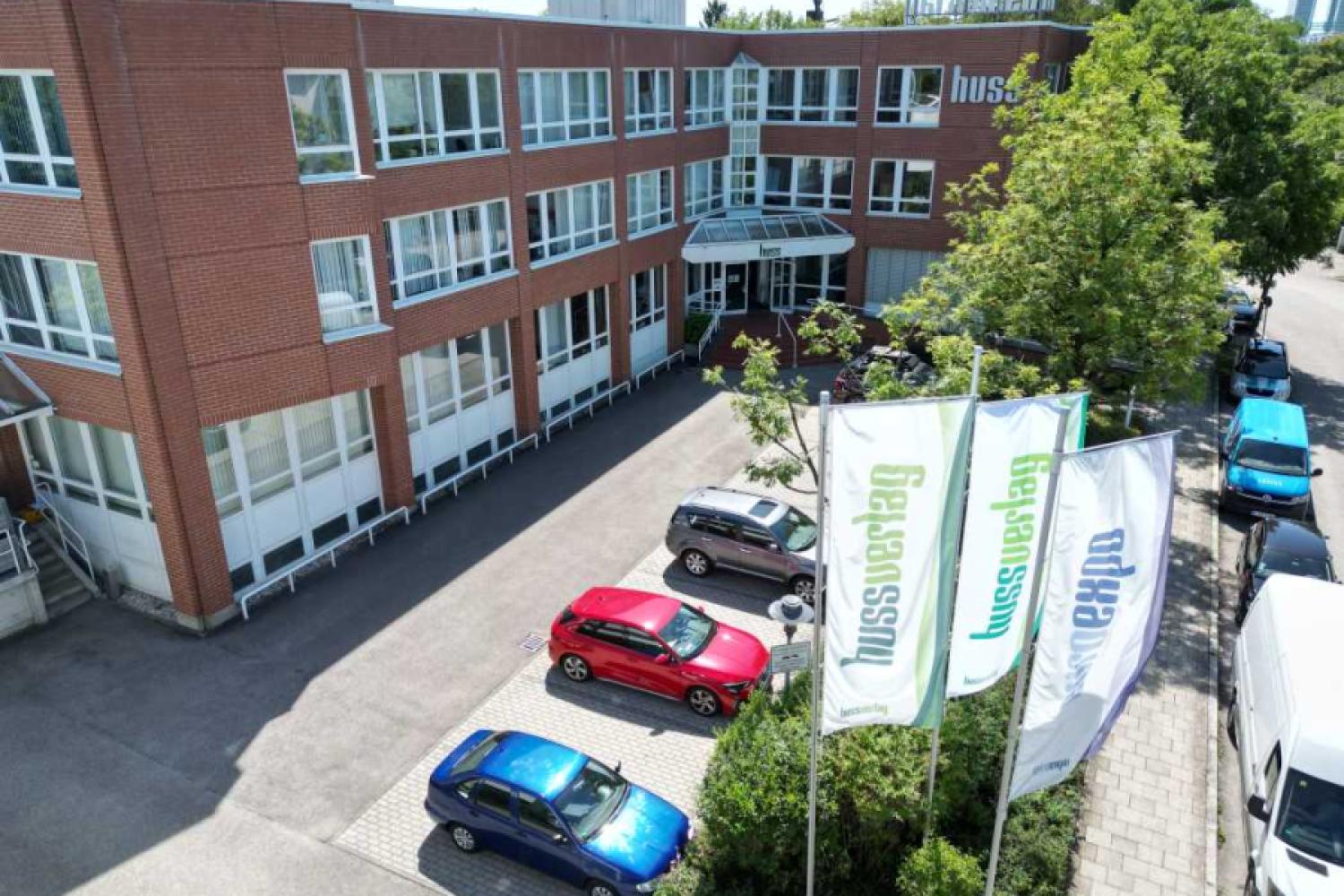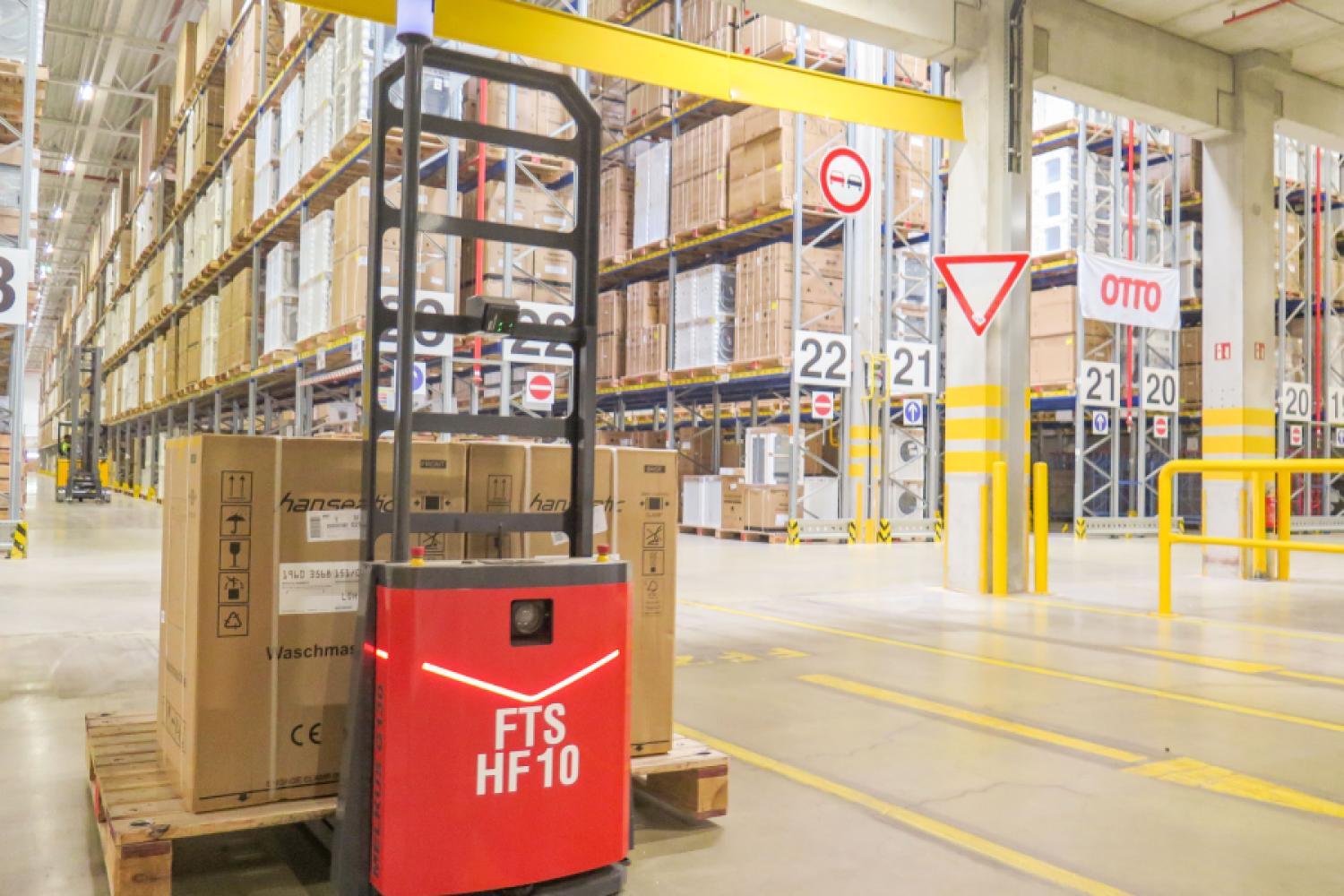The acquisition of the former Deutsche Bahn subsidiary DB Schenker by the Danish logistics service provider DSV is considered officially completed. This was announced by the company headquartered in Hedehusene, Denmark, to the press on April 30. DSV transferred the agreed sum of 106.7 billion Danish Kroner (DKK) (approximately 14.3 billion euros) to Deutsche Bahn on the morning of April 30, following the fulfillment of all conditions for the acquisition. According to their own statements, this is the largest acquisition in DSV's corporate history. The transaction is intended to strengthen the global network, expertise, and competitiveness of all three business areas.
The sale proceeds are expected to remain within the Deutsche Bahn Group, contributing to the reduction of corporate debt.
"With the completion of the Schenker acquisition, we have reached a milestone in DSV's history. We have worked hard to finalize the transaction, and I am very pleased
to welcome our new colleagues to DSV. With this acquisition, we are a global market leader in the transport and logistics industry, at a time when global supply chains are more in focus than ever, and our customers need a reliable and agile global network of services and products. By merging the two companies, we are creating a unique, flexible platform for long-term growth, benefiting our customers, employees, shareholders, and all our stakeholders," said DSV CEO Jens Lund during a press conference on April 30.
Through the acquisition, DSV doubles its company size and aims to lay the foundation for long-term growth. The combined group generates annual sales of around 310 billion DKK (41.5 billion euros) and employs nearly 160,000 people worldwide in more than 90 countries.
Growth expected in land transport
Through the integration of Schenker, a new market position is expected to emerge for DSV, resulting
in an expanded service offering and economies of scale. In particular, significant growth is anticipated in land transport—a strength of Schenker—due to the acquisition. Increases are also expected in the area of air and sea freight.
Integrated into financial processes
Schenker will be considered for DSV's consolidated financial statements starting May 1, 2025. Provisionally, DSV expects annual synergy effects from the transaction to amount to approximately nine billion DKK (1.2 billion euros) by the end of 2028. Smaller synergy effects are expected in the current year, derived from the consolidation of operational processes, logistics locations, administrative structures, and financial and IT infrastructure.
Under the motto "Winning as One," the integration of Schenker is to be advanced in the coming months. This also includes the gradual integration of the Schenker brand into the DSV Group, affecting both the name and design.
"We need to be aware that we are
now one company. As of today, every Schenker employee is a DSV employee. We also want to demonstrate this externally," Lund continued.
As announced before Easter, Schenker's executives will be incorporated into the structure of DSV. Jochen Thewes, Helmut Schweighofer, Vishal Sharma, and Saskia Blochberger will take on new positions within the company. DSV claims to place great emphasis on ensuring a structured transition during the integration of Schenker. Therefore, the integration is to be implemented carefully and with the utmost respect for customers, employees, and all other stakeholders. A smooth merging of business areas and maintaining previous standards is of utmost priority, according to DSV. The company feels well-prepared for this task.
"We are better prepared for this integration than ever before. Last year, we have already worked on our processes to ensure a smooth acquisition of Schenker," said Michael Ebbe, CFO at DSV, during the press






